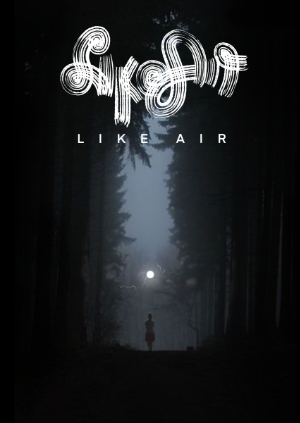Like Air
Director: Elvira Dulskaia
Jako vzduch
Synopsis
During her attestation, a young female surgeon Misha experiences a terrifying hallucination—instead of a patient on the operating table, she sees her dead mother and is unable to continue the operation. This event triggers further strangeness that disrupts Misha's otherwise orderly life. With her condition forcing her to step away from her medical practice, Misha embarks on a journey to uncover the truth behind her mysterious affliction.
Her search leads her to a remote village tied to her late mother’s history, where she meets Juraj, a local healer with an extraordinary gift. Though skeptical of his unconventional methods, Misha allows him to help her, and their sessions gradually unlock fragments of her childhood. As she explores the village, she discovers connections to her past that she had long forgotten, and these revelations bring her closer to understanding her family’s tragedy and her own identity.
As Misha dives deeper into her past, her journey grows increasingly perilous. It leads her to confront an ancient practice that challenges her resolve and compels her to make a life-altering decision.
SHORT DIRECTOR‘S STATEMENT
Like Air explores the aftermath of a tragic ritual performed by Juraj and Misha's father, which fractures their family and pushes the siblings to revisit the past for answers. Grounded in realistic family dynamics, the film uses mystery and horror elements — Misha’s and Juraj’s abilities — as metaphors for the challenges of human relationships. Misha, the central character, leads the audience's perspective, with Juraj's viewpoint revealed later.
An important theme of the story is memory, which can change over time. The past is perceived differently by Mísha and Juraj, even though they experienced the same events as children. As time passes, these events in their memories become distorted—sometimes they vanish like air, while at other times they gain fabricated details to conceal unpleasant truths. This self-defense mechanism allows Mísha to live her life calmly, until her memories are triggered by a resemblance to a current event. The title of the film refers not only to Juraj's inability to feel pain but also to the overarching concept of the distortion and disappearance of the past.
Inspired by the shamanic culture of Eastern Siberia, the film incorporates supernatural motifs and a village setting from the director’s birthplace. Its visual style balances magical realism with folk horror, using emotional cues rather than visual effects.


supported by Czech Film Fund, Creative Europe MEDIA
